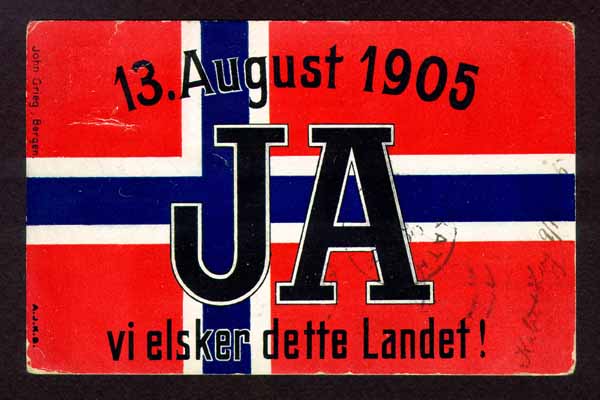
Minnesota thriller and mystery writers, as you’ve probably noticed, almost always get at least one shot with me. Douglas Dorow is a Minneapolis writer (I’ve never met him, but then I’ve never met almost everybody), and I have a suspicion (based on hints in this book) that he’s a Christian. He’s written a promising, if not stellar, thriller in The Ninth District, and I think it will go over well with most of this blog’s audience.
The title refers to the Ninth District of the Federal Reserve Bank, which is located in Minneapolis. The story begins with the murder of a bank teller in suburban Wayzata. FBI agent Jack Miller, along with his junior partner Ross Fruen, are investigating it as one of a string of bank robberies in the Twin Cities area, committed by a gunman they call the Governor (because he wears a mask that looks like one of our former governors—Jesse Ventura, one assumes). The stakes are raised as they gradually come to realize that they’re facing a very clever, entirely ruthless criminal who has a much bigger score in mind than a few bank jobs.
I think Douglas Dorow has the makings of a first-class thriller writer, but he hasn’t yet mastered plotting. Although he ramps up the danger at regular intervals, as the genre demands, he makes the common mistake (I understand it well and am probably guilty of it myself) of not going full out for the climax. A master writer would have put Jack’s family (the portrayal of the family and his strained but loving marriage is one of the book’s strengths) in peril at the end, but Dorow chooses to take them out of the action and concentrate on the showdown between Jack and the Governor. That’s understandable, but it lowers the tension.
Still, not a bad summer read. The values are good, and it’s suitable for teens and up. Well worth four bucks for the Kindle version.



